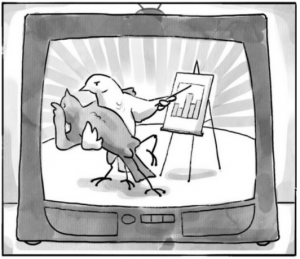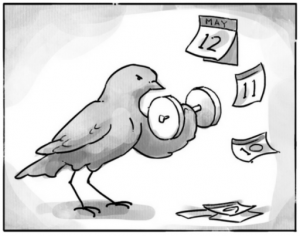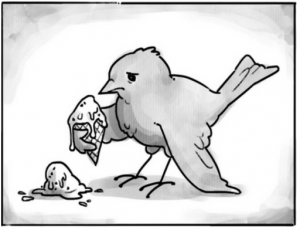Credits
The primary author of this report is Megan Campbell of Feedback Labs. Research was carried out by Keith Porcaro of SIMLab and Charlotte Ørnemark contributed to the case studies. Mari Kuraishi of GlobalGiving provided overall leadership for the project. Dennis Whittle of Feedback Labs contributed significant insights on content and structure. Support for the report was provided by Omidyar Network; we would like to acknowledge in particular the guidance and input provided by Jessica Kiessel, Masha Lisak, Roy Steiner and Mike Kubzansky.
An Advisory Panel comprised of experts from diverse fields provided invaluable guidance for the report. The Advisory Panel was comprised of Shaida Badiee, Zack Brisson, Harpinder Collacott, Damien de Walque, Duncan Edwards, Mizuko (Mimi) Ito, Jim Manzi, Bill Shapiro, Michael Silberman, Priyanka Singh and Banker White. David Bonbright, Michael Callen, Shawn Cole, Amb. Norm Eisen (ret.), Archon Fung, Leslie Groves, Frank Hauser, Stephen Kosack, Michael Norton, Doug Parkerson, Paolo de Renzio, Jean-Louis Sarbib and David Sasaki helped identify collaborators for this project.







